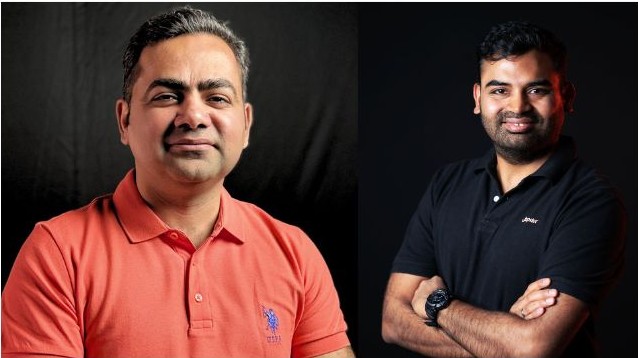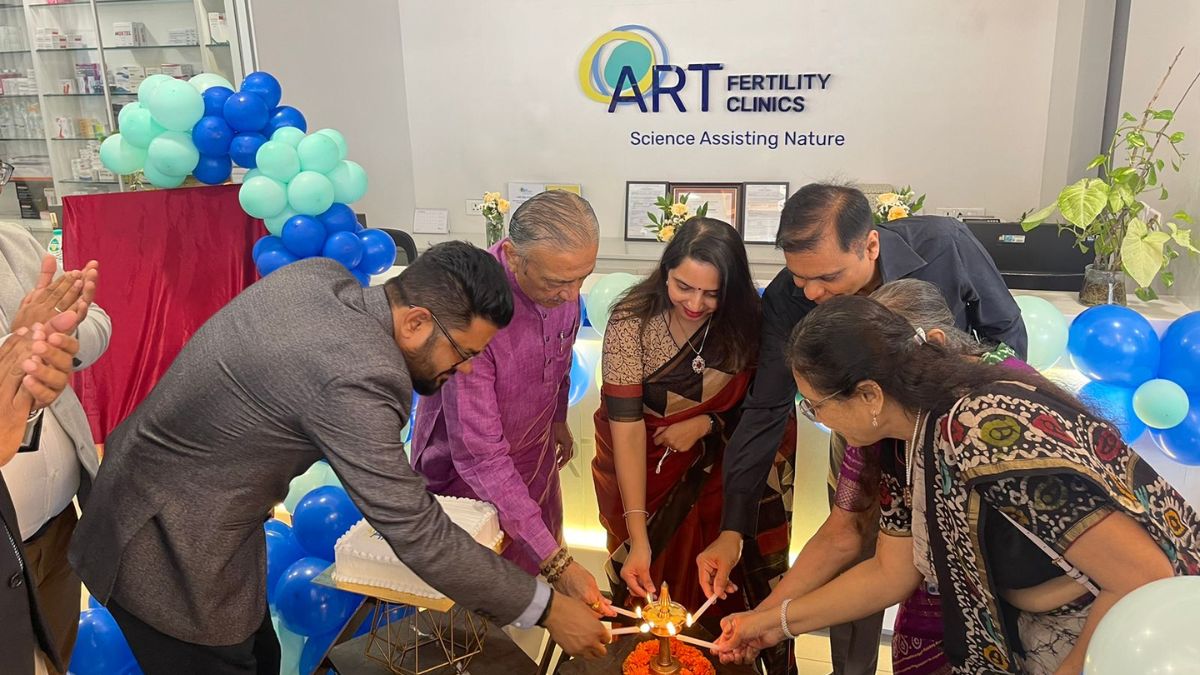Prioritising electrical safety – Surakshit Bharat for Viksit Bharat
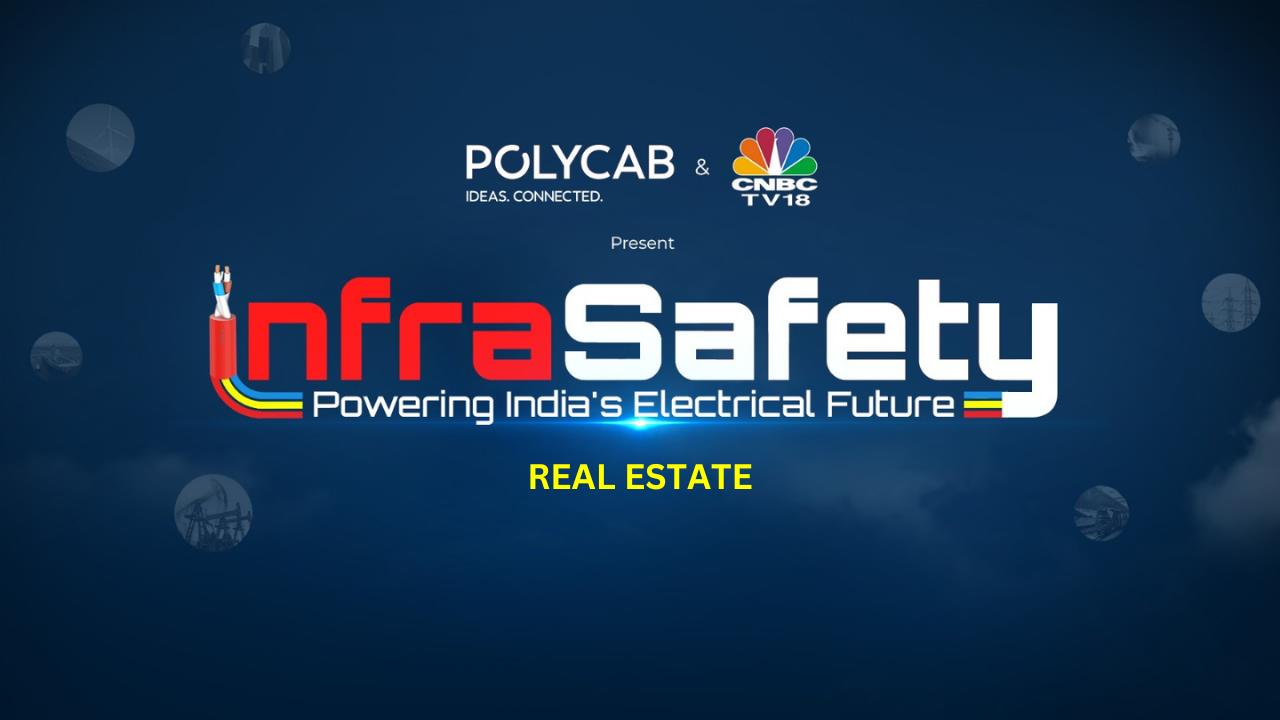
India's journey to becoming a developed nation by 2047, as envisioned in the Viksit Bharat mission, pivots on robust growth in real estate, manufacturing, and mobility. Amid this rapid transformation, electrical safety has emerged as a non-negotiable priority.
Recognizing this, Polycab, India’s largest manufacturer of wires and cables, in collaboration with CNBC-TV18, launched a pioneering initiative—Infra Safety: Powering India’s Electrical Future—that brings together stakeholders to spotlight the criticality of electrical safety and deliberate solutions that will pre-empt hazards due to electrical mishaps.
Electrical Safety Matters
According to the National Crime Records Bureau, nearly 20% of fire incidents in India are attributed to electrical short circuits, with this figure estimated at 70% in cities like Mumbai, according to experts. The reasons range from improper wiring and human error in installation to out-dated electrical systems unable to handle increased energy demands. Given that India has world-class capabilities in products and technology, many of these mishaps are avoidable.
Focus on Real Estate
India's real estate sector, the second-largest employment generator, employs 18% of the national workforce. Its rapid vertical growth, particularly in cities like Mumbai, calls for stringent electrical safety standards to safeguard lives, infrastructure, and aspirations.
The first Infra Safety conclave focused on electrical safety in Real Estate and brought together several leadership voices, including Dr Niranjan Hiranandani and senior MEP consultants as well as public safety officials from the Fire Safety Department. The discourse aimed to bring the need for electrical safety awareness to the public. The conclave is the first in a series that will also look at highlighting safety issues in manufacturing and transportation
Collaborative Campaign
The campaign aims to raise awareness about the critical importance of electrical safety, targeting both consumers and professionals to foster a deeper understanding of its role in safeguarding lives and infrastructure. It seeks to encourage the adoption of stringent safety standards and emphasizes the need for regular audits to ensure systems remain robust and secure and meet the growing use of electrical equipment over time.
Additionally, the initiative highlights the transformative potential of emerging technologies such as IoT and advanced cabling solutions, promoting innovation as a key driver for a safer and more sustainable future.
Maiden Conclave in Mumbai
Mumbai, India’s financial capital, embodies both the challenges and opportunities of ensuring electrical safety in high-rise buildings. With the city of dreams’ status as a role model for the rest of the country, it became the natural choice for the launch of the campaign.
The evening soon turned into a learning experience with the presence of luminary stakeholders from various domains who candidly shared their knowledge and insights. During his opening remarks, Rajashekhar Reddy, Vice President - Marketing at Polycab, set the tone for the discussions by emphasizing the critical importance of raising awareness about electrical safety among consumers, which can reduce accidents and save human lives.
Safety Culture Gap
India’s culture of jugaad—relying on makeshift solutions—often undermines safety. As Rajeev RA, former metropolitan commissioner, pointed out in his Keynote Address, the lack of a safety culture is a significant obstacle. While regulations exist, their implementation and regular follow-ups remain inconsistent.
To bridge this gap, experts at the conclave emphasized the need for mandatory training programs to certify electricians and enhance their technical proficiency. They also highlighted the importance of educating consumers about the value of using quality products and ensuring skilled installations. The deliberations called for robust policy frameworks to establish and enforce safety norms, ensuring accountability and adherence across all stakeholders.
Building a Safer Skyline
The first panel discussion of the evening was themed Fortifying Mumbai's Skyline: Enhancing Electrical Fire Safety in High-Rise Buildings. Moderated by Mangalam Maloo, CNBC-TV18, it underscored the critical importance of safety standards. This discussion took place against the backdrop of the city's anticipated 34% growth in skyscrapers by 2030.
Ashish Rakheja, Managing Partner, AEON Integrated Building Design Consultants LLP observed that although codes and standards related to fire are most stringent and there is ample regulation at all levels, right from manufacturing to installation, the risks get built in thereafter, during operations and maintenance. Dr Deepak Ghosh, Deputy CFO, Mumbai Fire Brigade, highlighted the irony of consumers investing heavily in property while hesitating to spend on timely electrical audits of their homes and buildings, thereby risking lives and being exposed to costly consequences. This underlines the fact that safety is an investment, not a cost.
Dr. Niranjan Hiranandani, Founder and Chairman of the Hiranandani Group, underscored the importance of educating homeowners about the load-bearing capacities of their electrical systems. He pointed out that particularly in older homes, in the wake of the rising usage of electrical equipment over the years, regular audits and suitable maintenance is a necessity to ensure safety. Drawing a stark analogy to make the point, Bhushan Sawhney, Executive President of Polycab, cautioned that installing sub-standard products is as perilous as driving without airbags. The panellists were in consensus on the critical role of awareness, education, and proactive actions in mitigating electrical risks.
Innovations Driving Change
Emerging materials technology and innovative digital solutions are transforming electrical safety. IoT devices can offer proactive safety by detecting potential issues such as overheating or gas leaks before they escalate into hazards. Meanwhile, advancements in nano-polymers are enhancing the durability and safety of cables, ensuring they can withstand higher demands with greater reliability. Thinking ahead, Bharat Jaisinghani, Executive Director, Polycab, remarked on the scope for the use of Artificial Intelligence to revolutionize cable selection by providing precise recommendations tailored to specific applications, optimizing both performance and safety. These breakthroughs can redefine how we approach electrical infrastructure.
Polycab, as a leader in electrical safety, has been at the forefront of these innovations. “We want to be a solutions provider, not just a supplier,” affirmed Bhushan Sawhney, Executive President & Chief Business Officer, Polycab, during a Fireside Chat on Safety first: Strengthening the Electrical Backbone of Construction. The company offers training programs in multiple languages and invests in R&D to create safer, more eco-friendly products.” In an earlier televised episode on the same subject, Bhushan emphasized that “India is in a build mode and the real estate market in India is poised to touch USD 1 trillion in 2030 and will continue to grow exponentially. Hence it is incumbent on all stakeholders to make Viksit Bharat also Surakshit Bharat.”
Real Estate and Cabling Solutions
The second panel at the conclave, moderated by Gautam Srinivasan of CNBC-TV18, explored the transformative role of cabling solutions in shaping the future of real estate. The discussion focused on emphasizing the importance of adhering to high safety benchmarks through robust standards and certifications. Panelists also highlighted emerging trends, such as green certifications and fire-retardant materials with low smoke emissions, as pivotal advancements driving safer and more sustainable real estate developments.
Building a Viksit and Surakshit Bharat
The success of India’s Viksit Bharat mission hinges on safety and sustainability. From policymakers to consumers, everyone has a role to play and participants at the first conclave of the campaign pledged their support.
As the Infra Safety campaign demonstrates, collaboration is key to creating infrastructure that not only powers progress but also safeguards lives. Prioritizing electrical safety can ensure that India’s growth story is one of resilience, innovation, and shared prosperity.






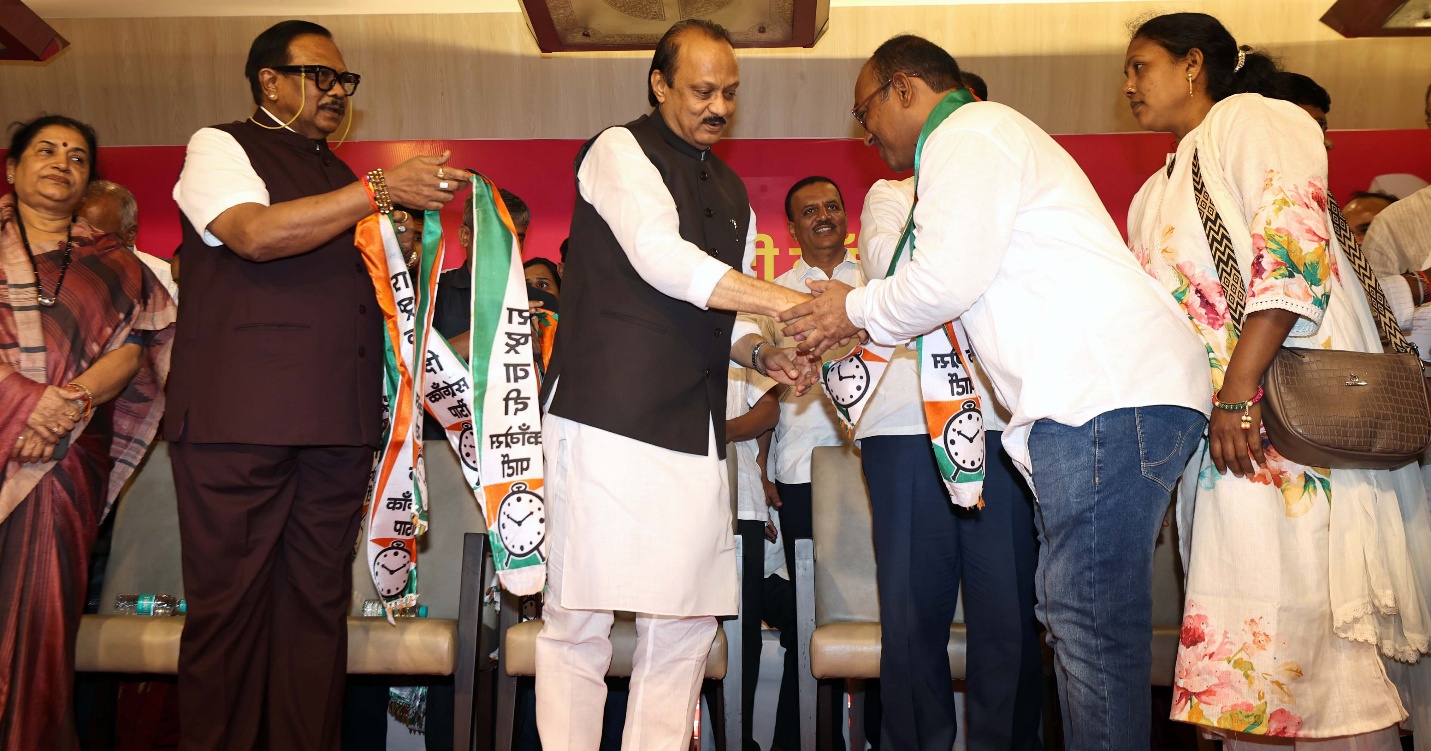
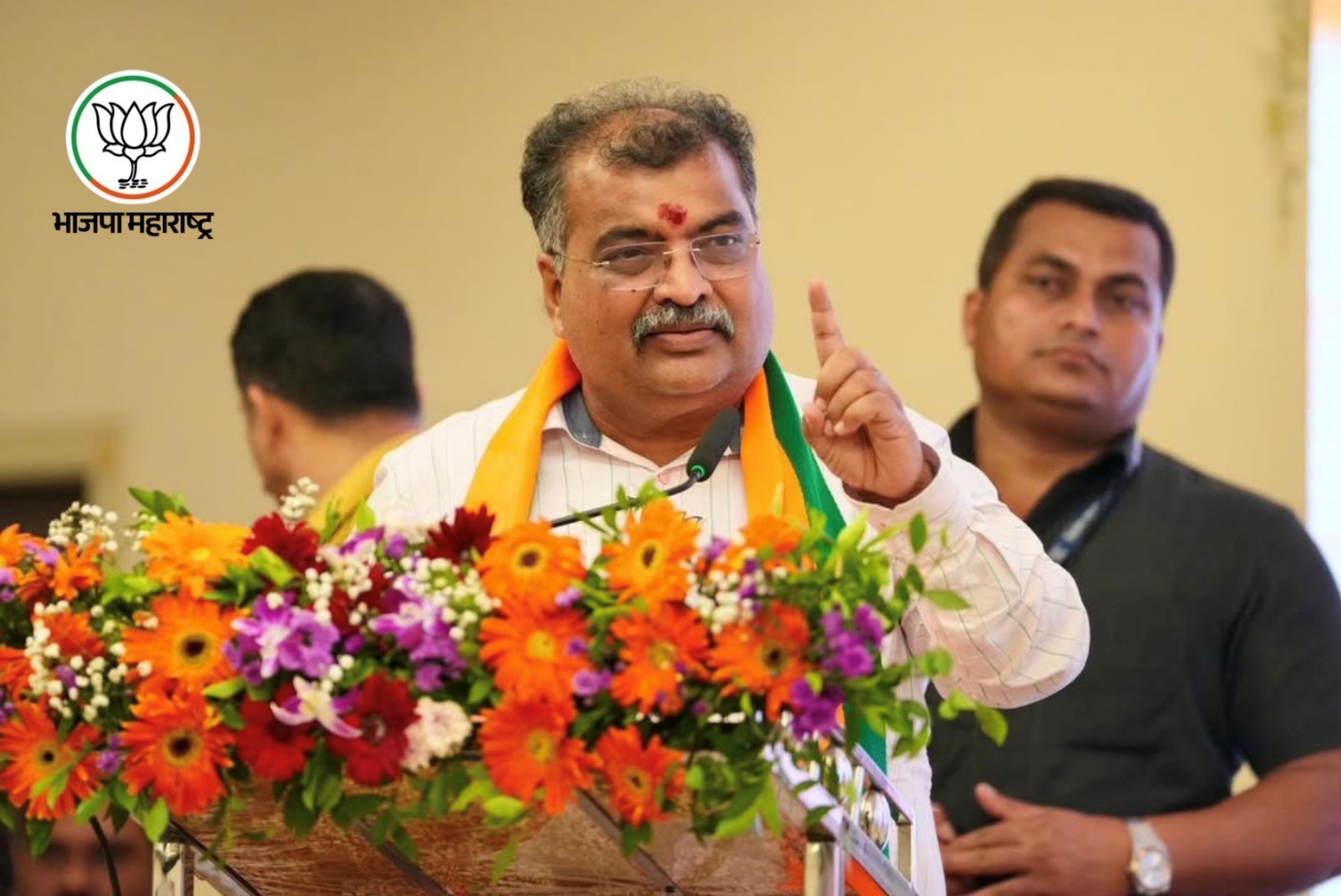







.jpeg)
.jpeg)




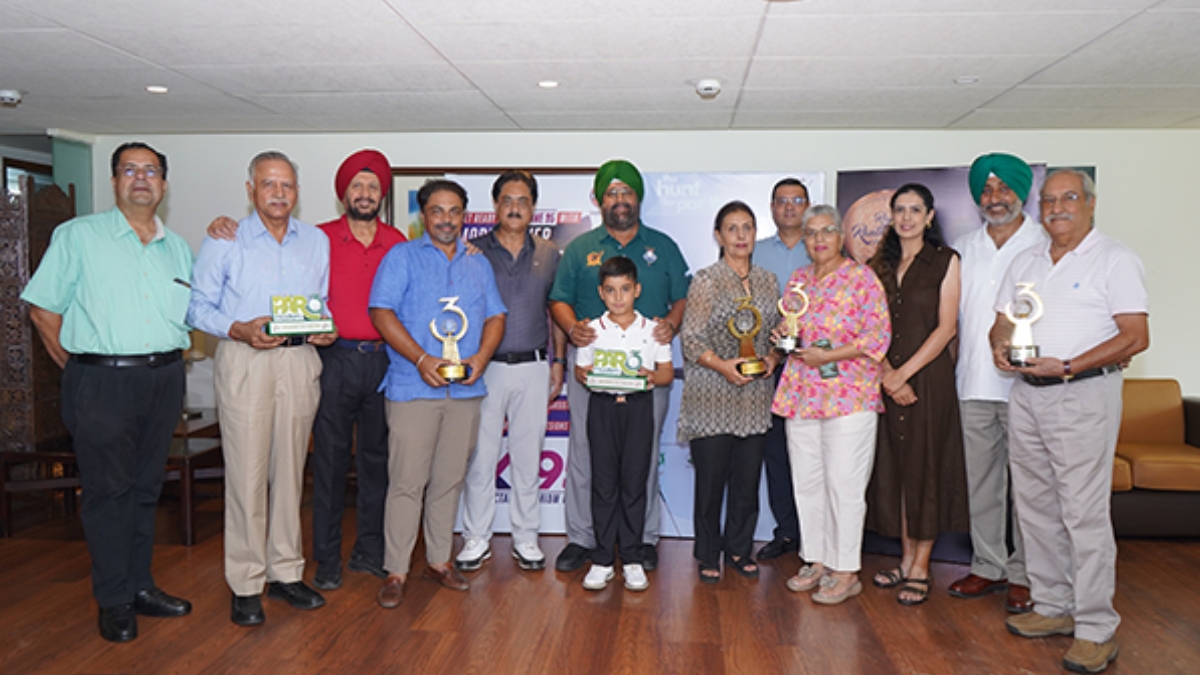




.webp)






.webp)
.webp)
